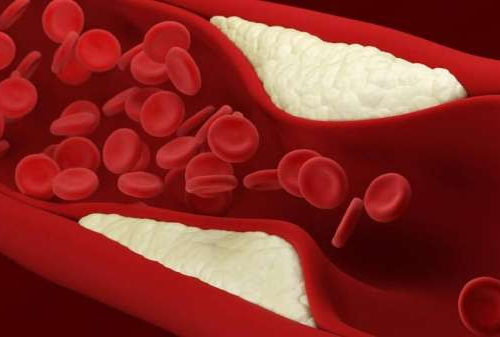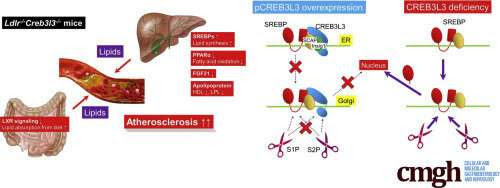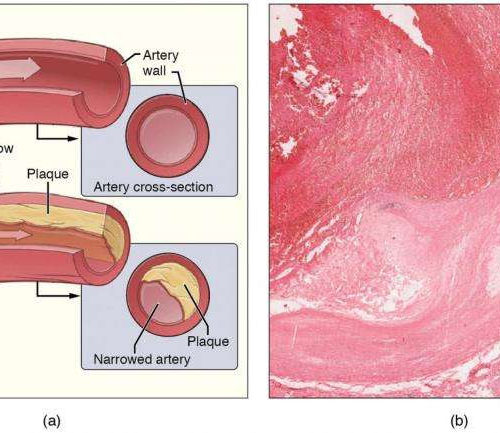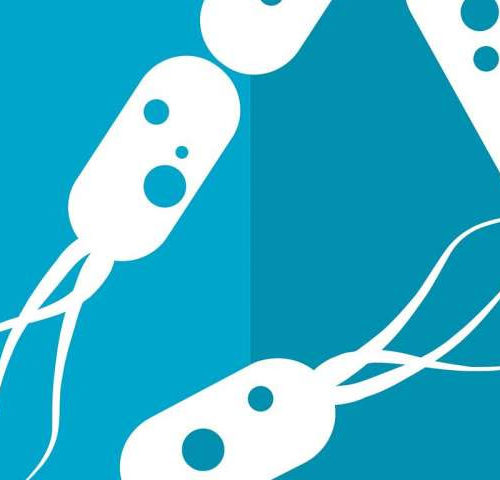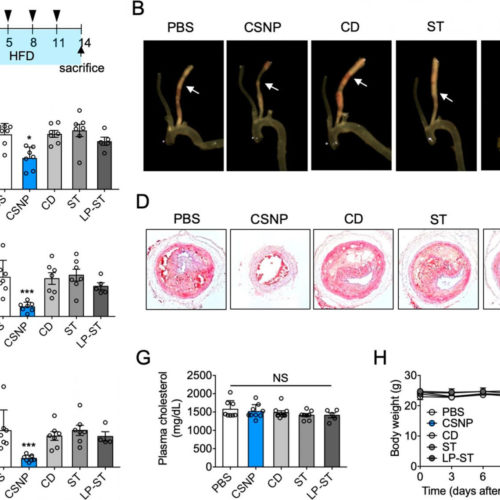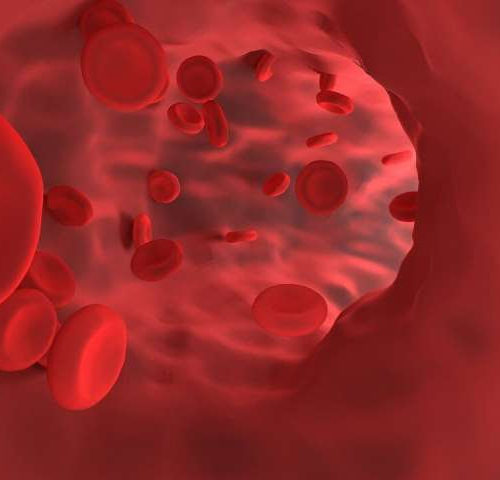A major challenge in the study of aging and age-related disease is establishing the direction of causation. A great many mechanisms of aging are known, but it is difficult to firmly establish the relationships between them. The body is made up of many interacting systems, and changes in any one system tend affect the others, directly or...
Tag: <span>atherosclerosis</span>
Researchers discover new protein that may play a key role in atherosclerosis
Reviewed by Emily Henderson, B.Sc.Mar 11 2021 Atherosclerosis is the underlying condition that causes heart attacks and strokes. Researchers at Radboudumc in the Netherlands have discovered a protein that appears to play an important role in atherosclerosis. The protein is called Prosaposin, and its role in atherosclerosis was sofar unknown. “We identified Prosaposin as a new potential target...
Atherosclerosis can accelerate the development of clonal hematopoiesis, study finds
MASSACHUSETTS GENERAL HOSPITAL BOSTON — Billions of peripheral white blood cells are produced every day by the regular divisions of hematopoietic stem cells and their descendants in the bone marrow. Under normal circumstances, thousands of stem cells contribute progeny to the blood at any given time, making white blood cells a group with diverse ancestry. ...
Synthetic ‘mini’ receptors block atherosclerosis
by Technical University Munich Munich researchers have synthesized short chains of amino acids, known as peptides, that can block atherosclerosis in animal models. Credit: MP Art / Shutterstock.com Atherosclerosis, a lipid-triggered chronic inflammatory disease of the arteries, is the main cause of strokes and heart attacks. An international team of researchers led by the Technical University of Munich (TUM) and...
Protecting against atherosclerosis at the molecular level
by University of Tsukuba Credit: Cellular and Molecular Gastroenterology and Hepatology (2020). DOI: 10.1016/j.jcmgh.2020.11.004 Atherosclerosis is the result of a buildup of lipids in the inner walls of blood vessels, and is a major cause of heart disease and stroke. In a new study, researchers from the University of Tsukuba discovered a novel role for cAMP responsive element-binding protein 3...
Protein regulating inflammation in atherosclerosis identified
by Örebro Universitet Atherosclerosis is a condition affecting the cardiovascular system. If atherosclerosis occurs in the coronary arteries (which supply the heart) the result may be angina pectoris, or in worse cases a heart attack. Credit: Wikipedia/CC BY 3.0 The protein CARD8 regulates several inflammatory proteins in people with atherosclerosis. This is shown in a...
Molecules that reduce ‘bad’ gut bacteria reverse narrowing of arteries in animal study
by The Scripps Research Institute Scientists at Scripps Research have developed molecules that can remodel the bacterial population of intestines to a healthier state and they have shown—through experiments in mice—that this reduces cholesterol levels and strongly inhibits the thickened-artery condition known as atherosclerosis. The scientists, who report their findings in Nature Biotechnology, created a...
New nanoparticle drug combination for atherosclerosis
THE KOREA ADVANCED INSTITUTE OF SCIENCE AND TECHNOLOGY (KAIST) CREDIT: PROFESSOR JI-HO PARK, KAIST Physicochemical cargo-switching nanoparticles (CSNP) designed by KAIST can help significantly reduce cholesterol and macrophage foam cells in arteries, which are the two main triggers for atherosclerotic plaque and inflammation. The CSNP-based combination drug delivery therapy was proved to exert cholesterol-lowering, anti-inflammatory,...
Fitful nightly sleep linked to chronic inflammation, hardened arteries
Disrupted nightly sleep and clogged arteries tend to sneak up on us as we age. And while both disorders may seem unrelated, a new study from the University of California, Berkeley, helps explain why they are, in fact, pathologically intertwined. UC Berkeley sleep scientists have begun to reveal what it is about fragmented nightly sleep...
How a microRNA protects vascular integrity
by Ludwig Maximilian University of Munich Short RNA molecules known as microRNAs (miRNAs) play a vital role in the regulation of gene expression. Anomalies in miRNAs expression and function have been implicated in pathological processes, such as the development of chronic diseases like atherosclerosis. The regulatory functions of miRNAs usually take place in the cytoplasm,...


